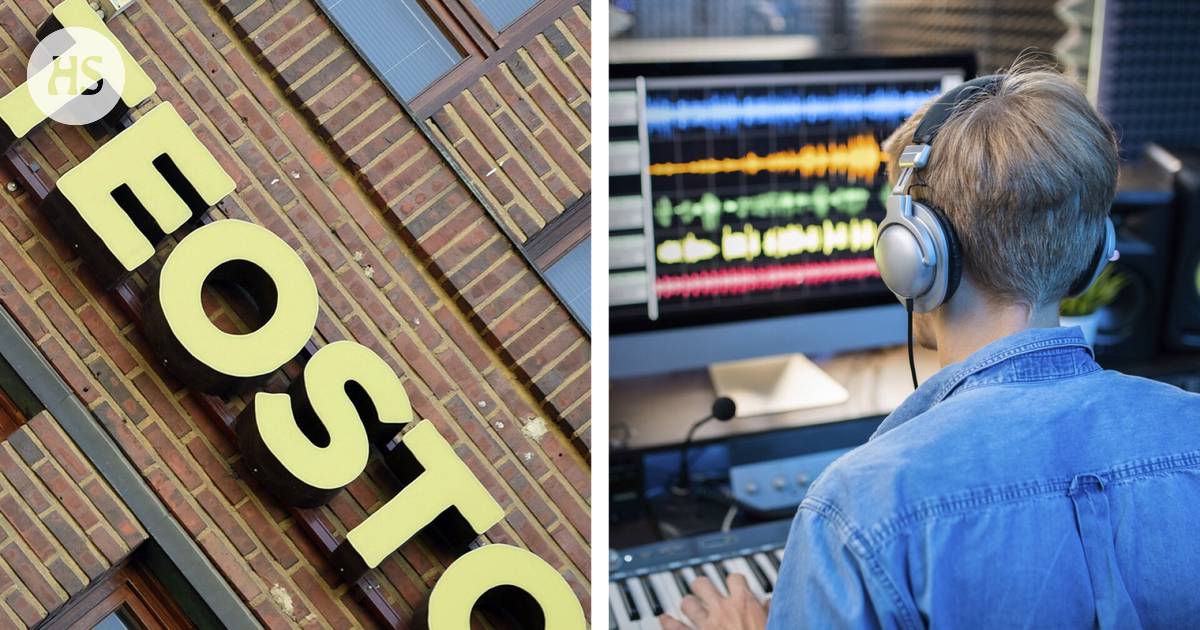Music|Teosto urges music creators to carefully familiarize themselves with the terms of use of artificial intelligence services.
The summary is made by artificial intelligence and checked by a human.
Teosto published new instructions on registering music produced with artificial intelligence.
If you want to register the song entirely in the author’s name, artificial intelligence can be used to help, but the author must have a significant contribution.
A contribution made with artificial intelligence can be registered as a free contribution that does not have copyright protection.
Musicians must be careful with the terms of use of artificial intelligence services.
Copyright organization Teosto published new instructions on registering music produced with artificial intelligence in the works register.
The guidelines start from the fact that only the result of a person’s creative work can, by law, receive copyright protection. It means that a composition or lyrics created entirely by artificial intelligence cannot be registered as a new protected work in Teosto’s register.
Instead, artificial intelligence can be used as an aid, and the song can still be labeled with the author’s name as usual. However, according to Teosto, the author must have a “significant contribution” to the creation of the work.
Teosto’s legal representative Jenni Kyntölän according to, there is no precise definition of what is a sufficient amount of one’s own creativity.
“In some situations, the author’s own creative solutions can be small changes, but from the point of view of the work, they are so essential and original that one’s own contribution can be considered truly significant.”
New instructions according to the law, a song can be registered in the register even when its individual part, such as lyrics or composition, has been produced entirely by artificial intelligence.
In this case, the share in question is registered separately as a so-called free share, which is not protected. For example, the free portion may not be translated or adapted, because Teosto cannot pay compensation to its author.
To Kyntölä’s knowledge, there are no situations where the use of generative artificial intelligence in Finland has led to copyright disputes with individual music creators. He states that there are legal cases going on internationally with regard to artificial intelligence, and there will probably be more – if not in relation to individual factors, then in relation to artificial intelligence services.
The candle emphasizes, that music creators must be careful with the terms of use of the artificial intelligence services they use. Some services may, for example, reserve the rights to a work created with their help.
“When a work is registered with Teosto and artificial intelligence has been used to create it, the author must ensure that he has the same rights to the work as when registering a more traditionally made work.”
In its instructions, Teosto also highlights the fact that current artificial intelligence services have been trained with protected music. It is therefore possible that the service produces music that closely resembles an already published and protected work.
According to Kyntölä, Teosto does not give recommendations on artificial intelligence services because they can change their conditions at a fast pace.
Teoston according to last year’s survey, about a third of music creators have used artificial intelligence in their work in some way. According to Kyntölä, musicians increasingly have questions about copyrights related to artificial intelligence.
He hopes that a common international approach would be reached on the matter. Since there is no such thing so far, Teosto ended up making its guidelines based on the principles drawn up with Nordic partner organizations.
Correction 15.6. at 8:33 p.m. In the story, it was previously written incorrectly that a composition or lyrics created entirely by artificial intelligence cannot be registered as a new protected work in the Teosto register, when Teosto was meant.
